Where to Buy Traditional Japanese Mask Online?
We all know that traditional Japanese masks in Japan are all decorative and can be seen at festivals and events. Standard masks are used and worn during events like Shinto dances or ceremonial ritual dances performed by the actors on stage. The tengu masks mentioned were the paradigm from the rich history, primitive dances, or Noh theatre, the highest form of classical Japanese dance-drama. It was an event much awaited by the Japanese people. It was developed by Kan'ami and his son Zeami and has been performed since the 14th century in Japan. This theatre becomes the oldest theatre art until today.
Tengu Masks
Tengu masks in Japanese are known to be the reincarnated spirit, describing him as arrogant and proud. This traditional Japanese mask can be distinguished as a swordsman who trained in military arts to Minamoto hero Yoshitsune. Tengu is mythical beings that are essential to Japanese folk religion and can be translated as "Heavenly Dog" or "Heavenly Sentinel" (Shinto). They are regarded as Shinto kami or gods and categorized as ykai or supernatural entities. Tengu, recognized in Japanese culture for their cunning and trickster-like behavior, are sometimes portrayed as bird-like creatures with human traits like long noses, pointed ears, and occasionally beards. Tengu is regarded as wise and knowledgeable people with a profound awareness of the natural world, despite their reputation for wreaking havoc and causing a disturbance. Some tales even portray them as guardians of the mountains or environment.
History of Tengu Masks

Based on its rich history, a tengu is a group of people living in trees and mountain areas. Their leader is called the chief, and he is served by his subordinates called koppa tengu (“leaflet” tengu). Koppa tengu act as the leader's ears or messenger. They are portrayed in popular art as beings with tiny wings and long red noses or lips that resemble beaks. The leader is described as angry, and He is shown as having a large nose, a furious and menacing countenance, wearing red robes, and holding a feather fan like the face of the traditional Japanese masks.
It causes confusion among Japanese people. It needs to be clarified where the tengu came from; some legends indicate they were created by celestial beings or gods, while others think creatures like wolves or crows inspired them. Tengu is described as wholly magical creatures in some tales, but in others, they are thought to be the spirits of humans who have passed away and been resurrected as tengu and became the traditional Japanese masks. It's crucial to distinguish between tengu and oni (Japanese demons). The tengu and oni masks may appear identical to some people, yet they are entirely different. The long snout of the tengu mask and the horns of the oni mask is frequently used to distinguish them. These ideas in their culture make it the traditional Japanese masks. Despite their reputation for mischief, tengu is frequently portrayed as being clever, knowledgeable, and having a profound comprehension of the natural world. Halloween wouldn't be complete without some traditional Japanese devil masks. In some regions of Japan, they are respected and sometimes portrayed as guardians of the mountains or defenders of the natural world. Tengu is a significant and persistent component of Japanese folklore and mythology, and they are still a hot topic among Japanese people and well-known traditional Japanese masks that can be seen in literature, art, and theater today.
What are Tengu Masks Used For?

Tengu masks are worn for several reasons, like special occasions, but wearing them for festivals and other special events is the most common. That is why it became not just an ordinary mask but a traditional Japanese mask. In Japanese folklore, a tengu is a particular kind of supernatural being frequently connected to the mountains. It's believed that donning a tengu mask will bring luck and safeguard the person from evil spirits.
How Are Tengu Masks Made?

Traditionally, wood, paper mache, or other materials were used to create tengu masks. The most popular traditional Japanese mask is called a noh mask, which is typically made of cypress or lightweight wood. Noh masks typically have a painted or stained appearance to give them their unique appearance. The kabuki mask, which is constructed of heavier wood, and the ji mask, which is made of paper mache, are two other varieties of tengu masks. Noh masks are made to look like various characters, including ghosts, devils, animals, and people.
On the other hand, kabuki masks are typically created to depict a particular persona, frequently a well-known historical, traditional Japanese mask or literary figure. Ji masks are frequently used to depict monsters or animals. When individuals dress in traditional Japanese attire and perform traditional Japanese dances and dramas, special occasions or festivals are when tengu masks are often worn. Tengu masks are occasionally utilized in religious rituals and festivities.
What is the Meaning Behind Tengu Masks?
In traditional Japanese masks, tengu masks have a range of symbolic meanings. The most prevalent interpretation is that they stand for the opposition between good and evil. Tengu is sometimes portrayed as naughty or dangerous, although they may also be kind and helpful. Therefore, Tengu masks are frequently used for self-defense against bad spirits. The wearer of a tengu mask is also said to receive luck and fortune. Tengu masks are frequently understood to symbolize wisdom and understanding. Tengu masks are frequently worn by people who seek wisdom and knowledge since tengu are frequently perceived as smart and knowledgeable beings. Tengu masks are frequently worn by people who want to sharpen their mental faculties because they are also supposed to symbolize the power of the mind.
What is the Purpose of the Kabuki Mask?
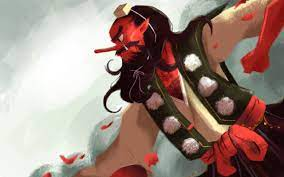
For several Shinto festivals and Noh stage performances, tengu masks are worn on special occasions. The Tengu are also frequently used as decorations since it is believed that they ward off evil spirits and provide good fortune.
Why Does Tengu Mask Have Long Noses?
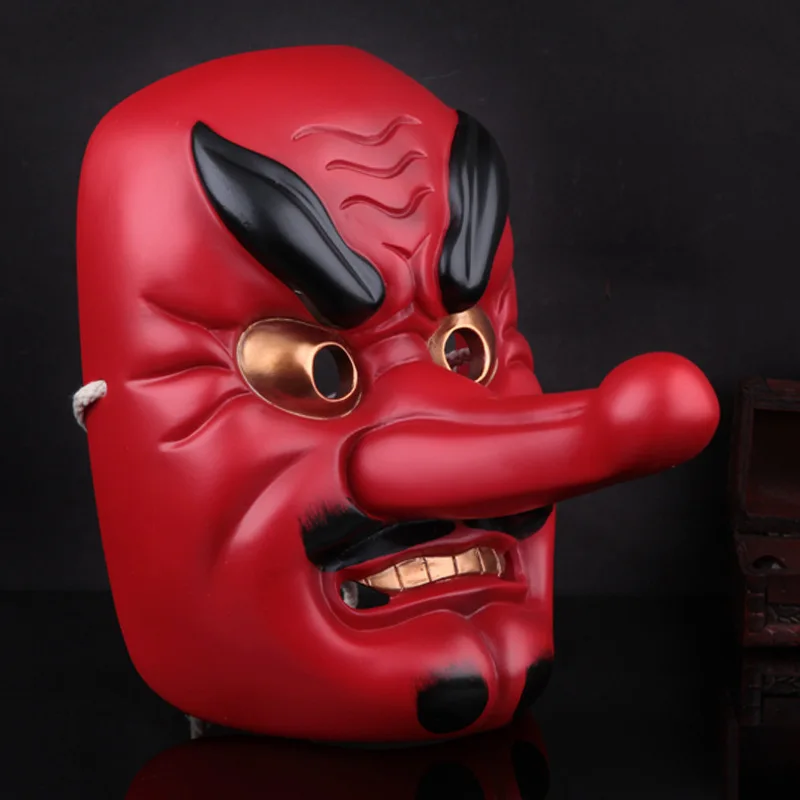
Early representations of tengu describe them as kite-like creatures with the ability to assume human forms while frequently retaining avian wings, heads, or beaks. The long snout of the tengu appears to have been developed in the fourteenth century as a humanization of the original bird's bill.
What are the Different Types of Tengu Masks?

Tengu masks come in various forms and wear on special occasions, each with special symbolism and meaning. The noh mask, the most popular tengu mask, can depict various emotions, including anger, grief, and terror. The kabuki mask, which stands for bravery, and the ji mask, which stands for wisdom, are two other popular tengu mask varieties. There are other traditional Japanese masks, less popular tengu masks, each with a special connotation. The other traditional masks are Oni Mask Set, kitsune mask, hyottoko mask, samurai mask and samurai masks Depending on the particular form of a mask, tengu masks have a variety of symbolic meanings. For instance, the kabuki mask is frequently connected with bravery, whereas the noh mask is frequently associated with rage and dread. It is up to the individual to select the tengu mask that most accurately reflects their emotions and personality because each sort of traditional Japanese mask has a distinct meaning and symbolism.
Noh Mask



The traditional masks serve the dual purpose of concealing the actor's traces and indicating the role's character to the audience. In acting his part, a Noh actor is supposed to present himself as something other than a brilliant person. He is more likely to be fully transformed into the role he is supposed to portray. To fully identify with their roles, Noh performers practice meditation before performing. Wood is used to carve Noh masks. They are not particularly useful for the performers because of the narrow eye holes. Noh stages have a grid pattern on the floor to give the actors the least amount of orientation when performing on stage.
The actors of the Japanese kabuki theater don't use masks, yet traditional Japanese masks are an integral feature of the Noh theater. There is, however, one exception. The fast-paced role-changing kabuki performance "Nanatsumen" (The Seven Masks) uses masks. Images of Japanese masks are depicted in the background of Japanese prints, together with the Noh theater. A key component of Japanese Noh theater is the use of masks. In Japanese, noh masks are referred to as omote. They are used to define a certain role in a play. Noh plays rarely include more than two or three players, and only the principal actor called "shite" and his sidekick called "sure" wear masks.
In Japanese folklore, Musashib Benkei, a Japanese monk and mountain ascetic who lived during the Heian period and afterwards became rogue warrior, is depicted in a traditional Noh mask replica - Benkei Noh Mask. Traditional Fox Noh Mask; foxes are frequently shown in noh and kabuki plays because they are believed to possess spiritual powers in Japanese folklore. Large ears and a distinctive design make this mask ideal for cosplay or interior decoration. Take a look at this cool blue fox mask Fox Noh Mask (Blue).
Kabuki Mask
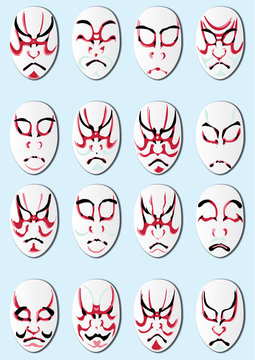
In Kabuki, a character's makeup might reveal the part they will perform during the performance. The actor's face is entirely covered in one color to start. Brown is typically used for villagers or bad guys, whereas red is only used for bad guys. White is for the good guys or nobles. Typically, the main figure in a story is always completely white. This is because it makes them more noticeable while they are performing. The performer's identification with one of two groups in the Kabuki world—the kikugorou gekidan or the kichiemon gekidan—depends on their family history. Female characters in Kikugorou gekidan cannot paint their faces white; instead, they employ tonoko, creating a more realistic appearance. On the other side, the major performers in Kichiemon Gecko make sure to paint their faces completely white.
What is the Tengu Mask symbolism in Japanese Culture?
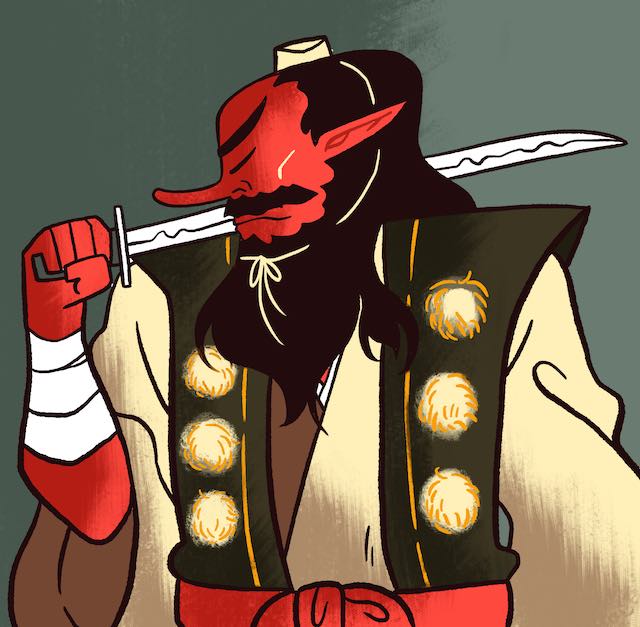
Tengu masks are frequently viewed in Japanese culture as a defense against evil spirits. Additionally, it is thought that wearing Japanese festival masks on special occasions will bring the wearer luck and riches. Traditional Japanese masks are a common technique to mark the change of the seasons in Japanese culture and have a range of symbolic connotations. Tengu masks are still utilized in theater and dance performances today, as well as during festivals and other special occasions. Tengu masks are frequently used as a defense against evil spirits.
Additionally, it is thought that wearing traditional Japanese masks will bring the wearer luck and riches. Tengu masks are a common technique to mark the change of the seasons in Japanese culture and have a range of symbolic connotations. Tengu masks are still utilized in theater and dance performances today, as well as during festivals and other special occasions.
What is Tengu Masks in Kabuki?

To portray figures like the tengu, which are mythical beings sometimes portrayed as bird-like beings with human-like characteristics, kabuki actors may wear tengu masks in traditional Japanese Kabuki theater. Traditional Japanese masks are known for their trickery and mischievous nature, and in Kabuki theater, they are frequently portrayed as wreaking havoc and causing disturbances.
Role of Tengu Mask in Shintoism and Buddhism
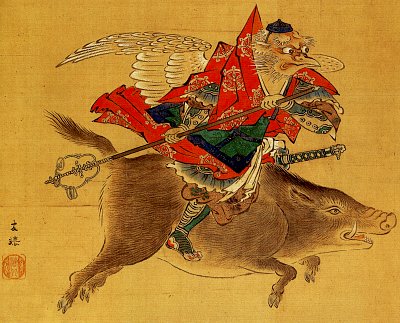
Tengu was once thought of as vile spirits that wreaked havoc everywhere they went. According to Buddhist doctrine, demons and con artists resisted Buddha. The Koniaku Monogatarishu, published in the latter part of the Heian era, contains the earliest tales. The tengu stole from temples, kidnapped monks, and caused mayhem. They were portrayed as vengeful ghosts that resided in the tengu-realm and had the power to possess people. Because of their conceit, they were identified with the sin of pride and transformed into the ghosts of those who had passed away.
Where to get this Tengu Mask based in Japan only?
You can get this tengu to mask good for any occasion, especially if you are wondering what your next Halloween costume is. It may be time to upgrade your closet and wear this Dark Red Tengu Noh Mask or the traditional Japanese Tengu Noh Mask like a spirit demon tengu on special occasions. Grab yours at Sugoi Mart! Sugoi Mart is an online store where you can purchase a variety of Japanese goods and have them delivered right to your front door. There is a huge selection of goods, including sweets, manga and anime stuff, cosmetics, and tengu masks are no exception!







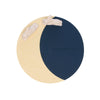

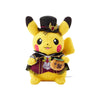
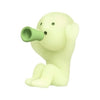

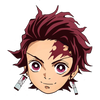
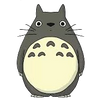




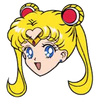
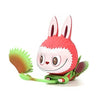
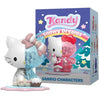
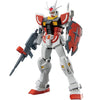




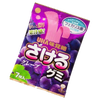
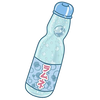
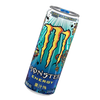

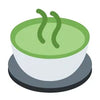



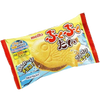



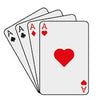


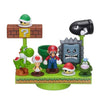



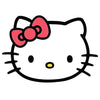


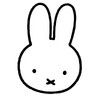


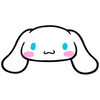


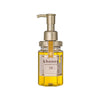



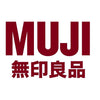
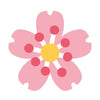
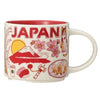

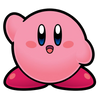
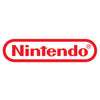





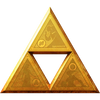


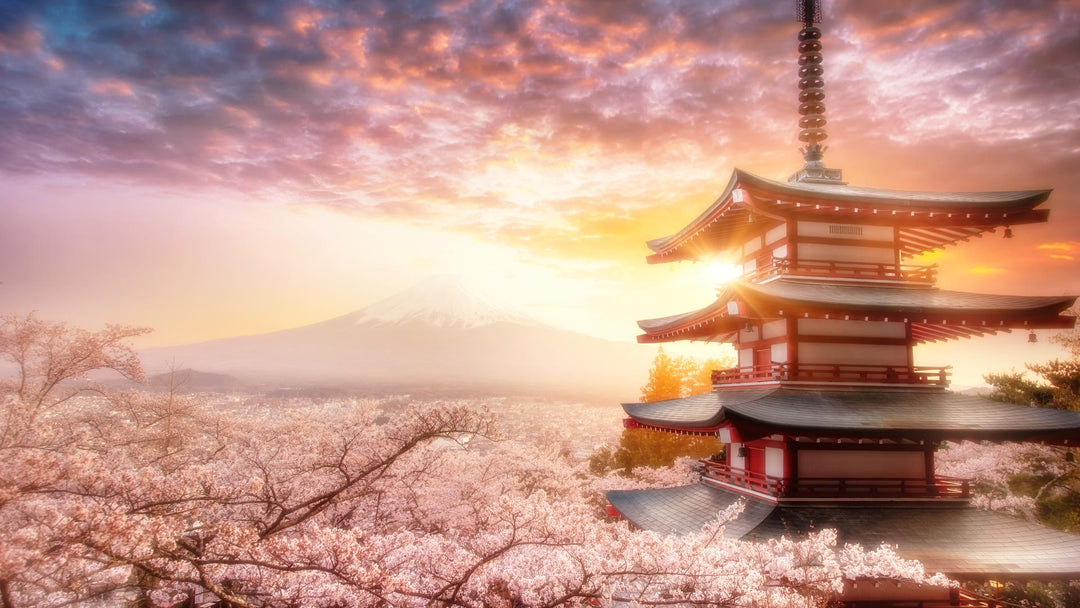

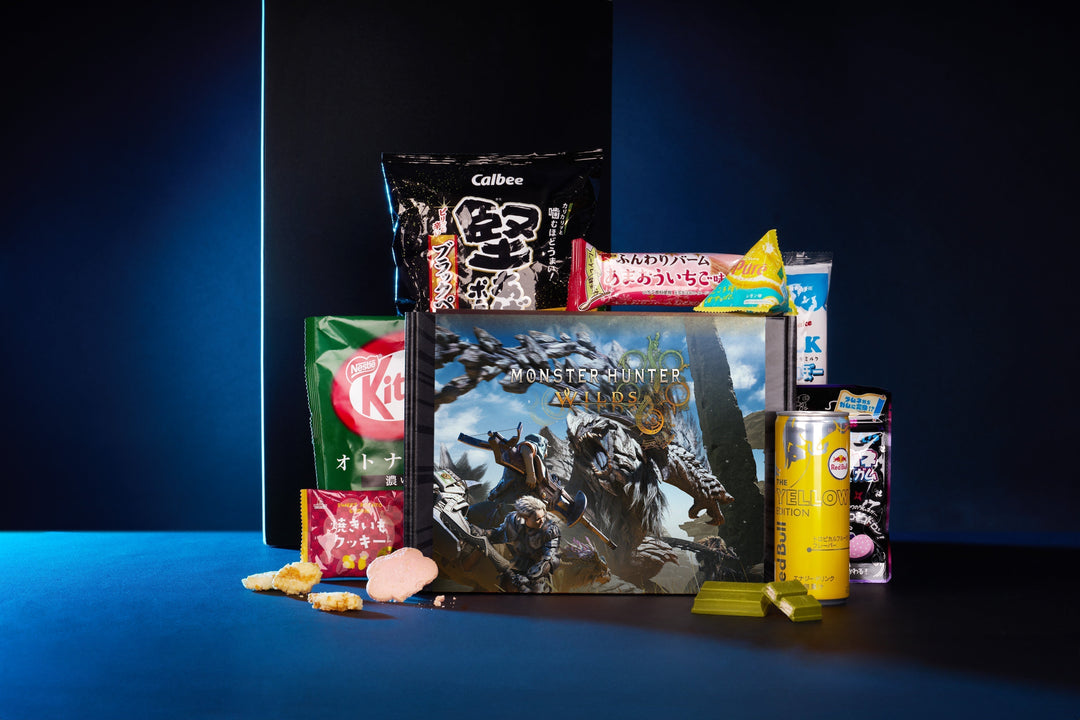
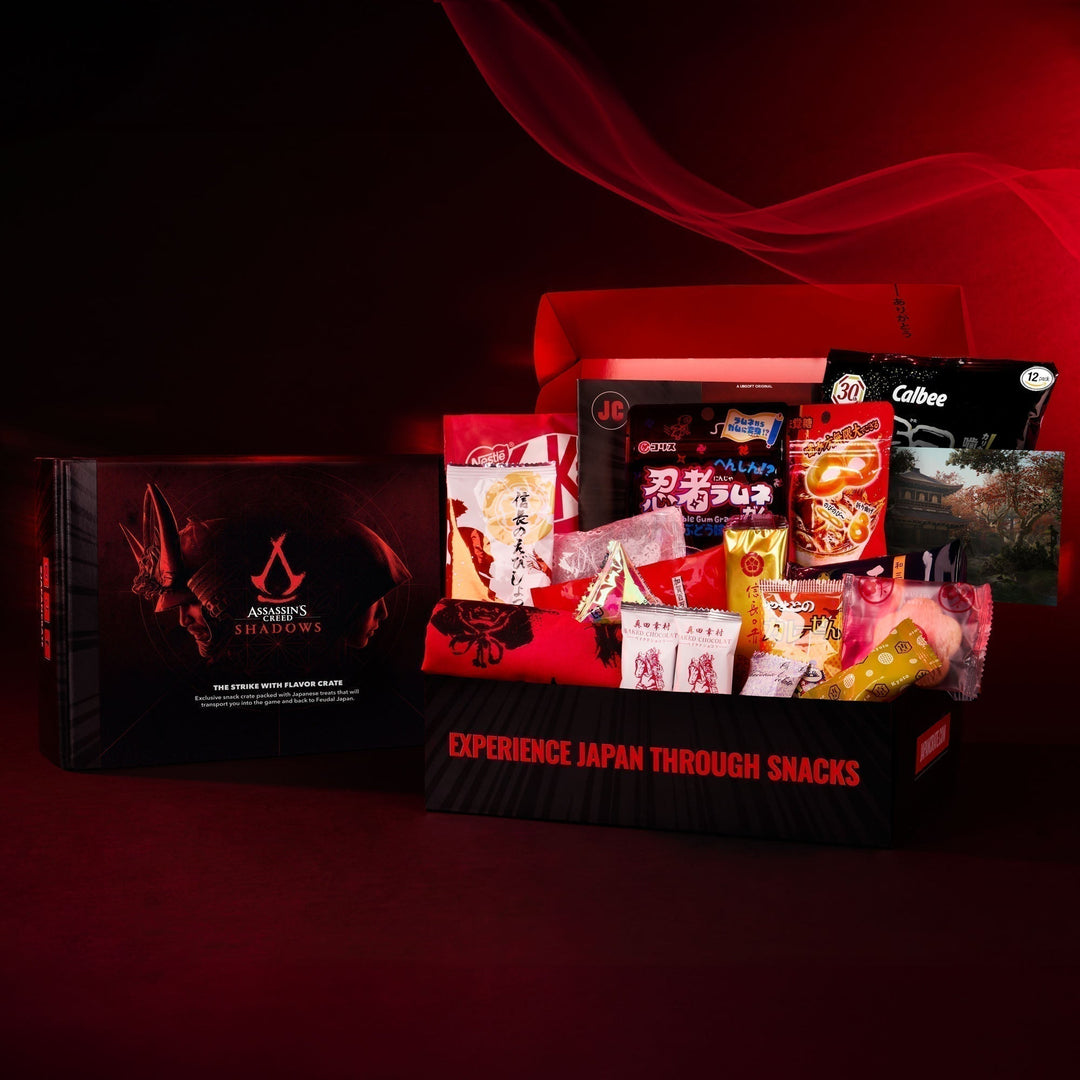
Leave a comment